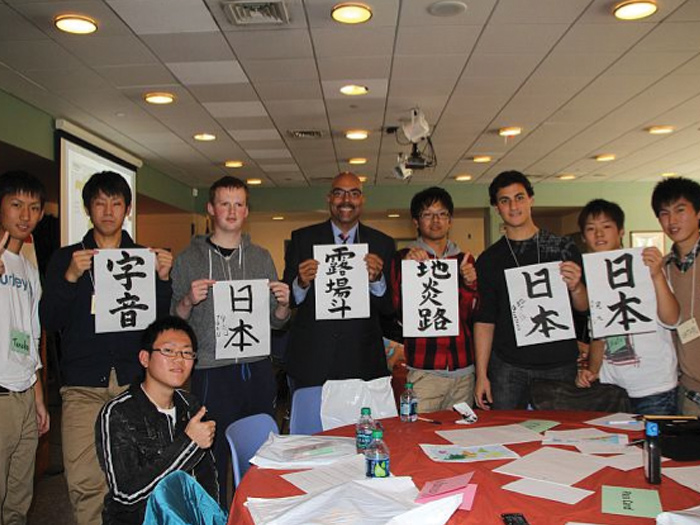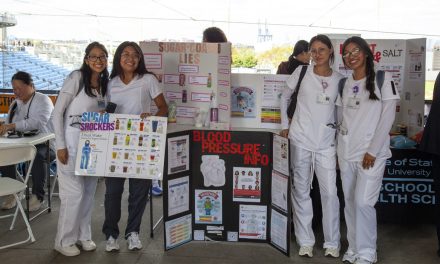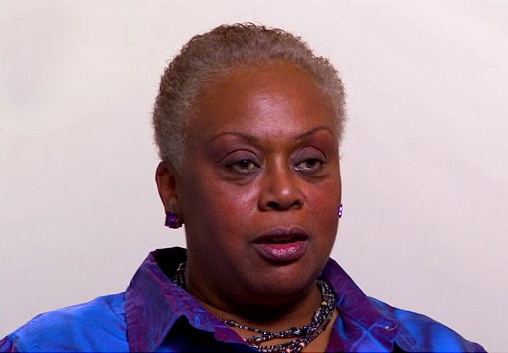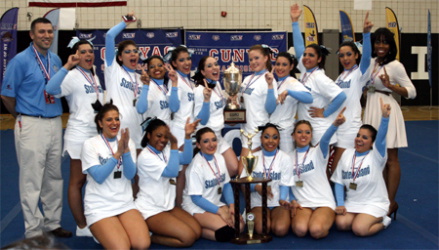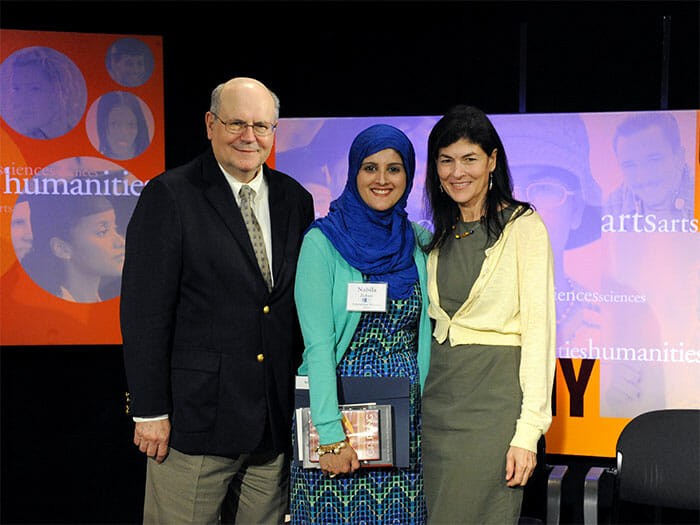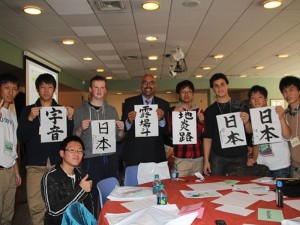
A conversation activity Mr. Robert Kee, Coordinator of Student Leadership Programs, Office of Student Life
Trainees from one of Japan’s leading manufacturers of automotive parts, Aisin Seiki, toured the CSI campus recently as a means of introducing its young trainees to U.S. culture and education. The visit is part of the Aisin year-long training program for employees recruited directly out of high school.
The campus tour, planned by CSI’s Center for International Service, along with the Japan-America Academic Center, began with Ann Helm, Executive Director of the Center for International Service and Dr. Deborah Vess, Associate Provost for Undergraduate Studies and Academic Programs, greeting the 88 visiting trainees. To finish the day, the visitors took part in a “conversation activity” led by Robert Kee, Coordinator of Student Leadership Programs.
The conversation activity seemed to be the highlight of the visiting trainees’ trip, as they were able to participate in activities that engaged them in conversations with CSI students. “There was a lot of laughing,” said Ann Helm, who participated in the event. “We wanted the Aisin trainees to feel like college students for a day.”
The visit to CSI, part of Aisin’s increasing efforts to familiarize its employees with the English language and U.S. culture, was one stop on a week-long tour of U.S. institutions in various cities.
Unlike in the U.S., employees of many large Japanese companies are employees-for-life and are encouraged to attend universities and expose themselves to rapid growth opportunities that are seen as a benefit to the company. The CSI staff members involved in the event were very aware that the visit provided them with an opportunity to develop a partnership with Aisin, which may result in future Japanese students enrolling in classes at CSI. “We want to provide educational incentives to these employees,” said Helm. Or, as Ms. Satoko Fukai, a Study Abroad Adviser for the Center for International Service puts it, “we want their employees to be exposed to our campus for self-development.”
The exchange is definitely reciprocal with CSI benefiting just as much from international exchanges such as this one. The 35 to 40 CSI student volunteers involved in the conversation activities came away with some new friends and cultural experiences. One student even admitted to never having met a Japanese person before the event. The students and trainees were able to exchange information about each of their respective cultures as they used everything from origami, cards, singing, and even calligraphy to keep the conversation going. By the end of the event, many of the participants exchanged email addresses and Facebook requests.
As a result of the November 10 visit, the Aisin employees gained a new, working knowledge of U.S culture and education and, should the opportunity arise, they are prepared to take that next step into collegiate life with CSI.
The CSI students walked away from the event having gained a deeper understanding of a new culture and are better prepared to take part in the many international exchange programs that CSI’s Center for International Service offers. “We are seeing an increase in CSI student’s interest to go abroad, many to Japan,” said Helm. The Center is preparing for more visits such as this one and is encouraging CSI students to travel abroad to experience cultural learning first hand.
For more information about the Center for International Service and its exchange programs visit http://www.csi.cuny.edu/international.

